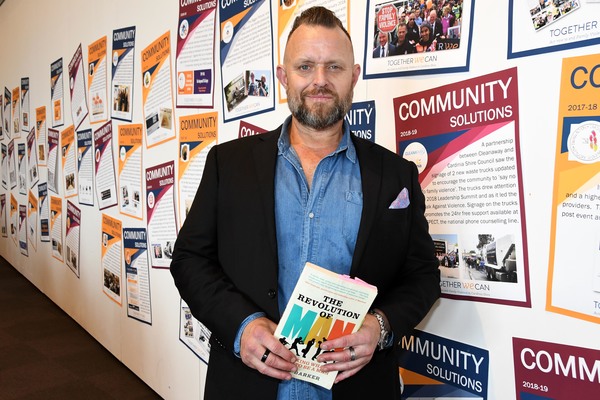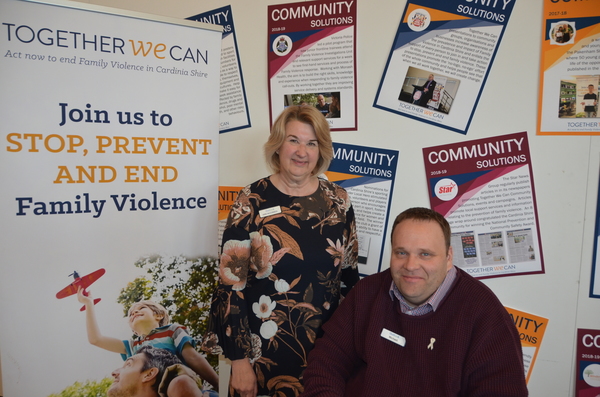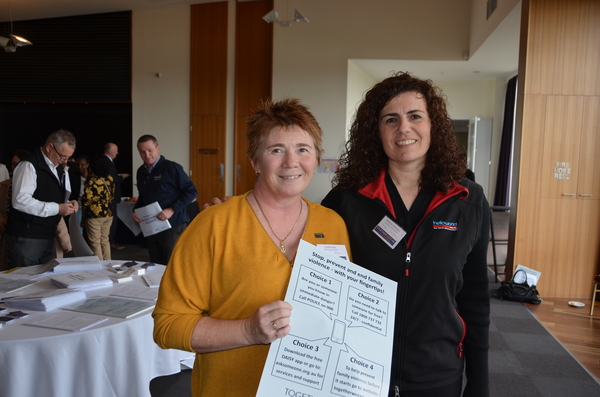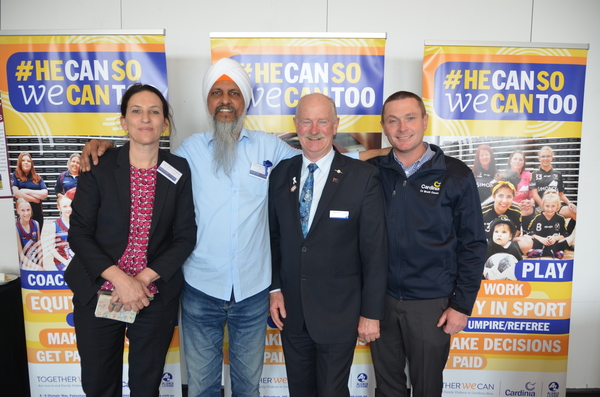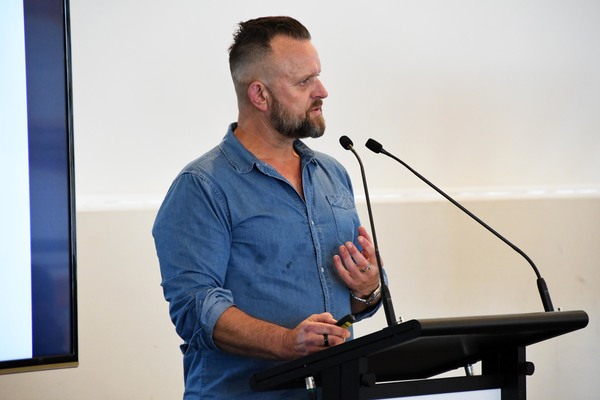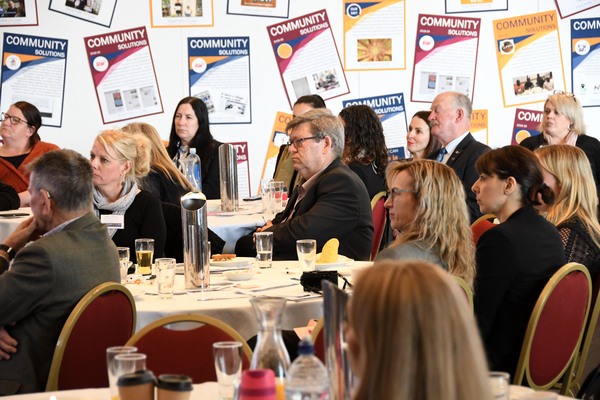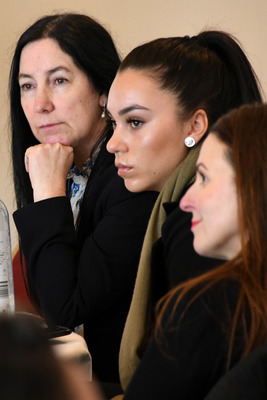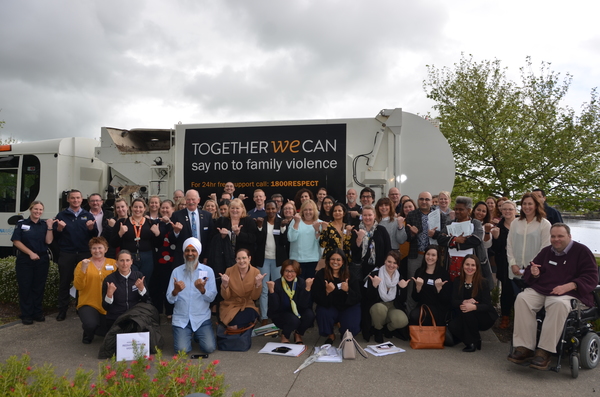
By Mitchell Clarke
Over 100 community leaders united at the Cardinia Cultural Centre for the Together We Can summit on Thursday 10 October to envision a community which is safe and free from violence.
As reported by the Gazette last week, statistics from the Crime Statistics Agency (CSA) show family violence incidents are again on the rise, up 22.5 percent, with 1312 reported instances between July 2018 and June 2019.
But the issue isn’t limited to Cardinia.
Nationally, gender inequality contributes to the murder of one Australian woman almost every week. Every two minutes, Australian police are called to a case of domestic violence, equating to 657 times a day, every day of the year.
With a mission of putting an end to these figures, Together We Can (TWC) is a community led initiative which utilises the collective effort of the shire to protect the rights of all residents to feel safe where they work, live, learn and play.
Supported by a number of organisations including Cardinia Shire Council, Star News Group, Victoria Police, Windermere, Outlook, Aligned Leisure and Casey Cardinia Libraries, the initiative was formed in 2015.
TWC collective impact facilitator Fiona Cost was pleased with the summit, calling it a “hugely successful” event.
“It was so encouraging seeing so many community leaders come together with the same passion and enthusiasm to be part of the solution to stop, prevent and end family violence in Cardinia shire,” Ms Cost said.
“We’ve had enough, we’re working on solutions to make a difference, we’re really looking at the root causes of family violence and trying to change those attitudes and behaviours that unfortunately encourage people to be violent with one another.”
Cardinia mayor Graeme Moore opened proceedings and said the TWC initiative was a testament to the ongoing commitment to families within the shire.
“Family violence and violence against women is still a reality in our community. There is no simple solution. There is no quick fix,” Cr Moore said.
“We all know there is never an excuse for violence. But the challenge lies in changing the attitudes and behaviours that allow violence to occur in the first instance.
“Society has changed significantly over the past 100 years and some of the attitudes and social values that were once acceptable are now recognised as disempowering and disrespectful for women.”
One in four women have experienced physical or sexual violence from a former or current partner with more than half having children in their care at the time of violence.
Audiences were told stopping this shameful practice must begin at the start, with gender inequality learned from a young age through social norms and structures that suggest men are expected to be dominant and in control while simultaneously referring to women as lesser.
Speakers acknowledged that nobody was immune to violence, but it was far more likely that men were perpetrators and women were victims.
Guest speaker Phil Barker, author of ‘The Revolutionary Man’, captured audiences with his powerful talk on the relationship between masculinity, mental health and family violence.
Mr Barker highlighted a concept which states men are at risk of ending up in the ’Man Box’, an ideology of how they ‘should behave’, claiming men believe they must be self-sufficient, tough, physically attractive and hypersexual.
In reference to the study, it was said society expected men shouldn’t be showing emotions, compared to women. But the numbers show men are facing a hidden fight, with six men taking their lives daily across Australia, compared to two women, while one in five men suffers from anxiety.
“The standout for me was the common desire that participants have in wanting more men and boys to have healthy expressions of masculinity knowing that when they do, they are less likely to experience poor mental health, and more likely to have healthy and happy relationships,” Ms Cost said.
The summit also shone a light on the issues surrounding people with disabilities.
Statistics from state disability agencies revealed about nine out of 10 people with disabilities experienced violence, while anecdotal evidence suggested about 85 percent of women with a disability are subjected to violence of some sort.
As part of the summit, attendees were asked to break into groups and identify possible community solutions which could be adopted throughout the Cardinia shire.
Some of these solutions included a gender equality week, a larger focus in schools and providing support and funding to community organisations.
The event highlighted that while gender inequality is a multi-generational and complex issue that won’t be fixed overnight, conversations are paramount in creating equal and respectful communities where violence against women is unthinkable.

